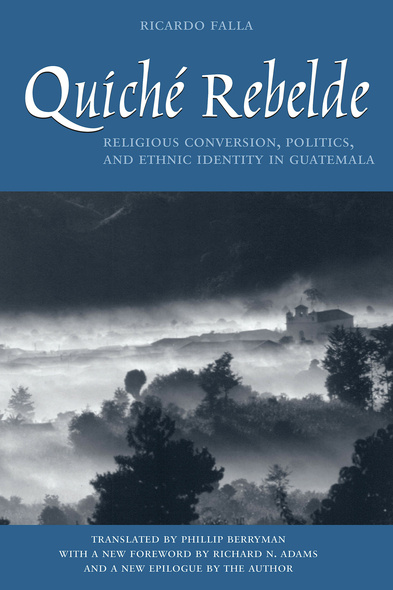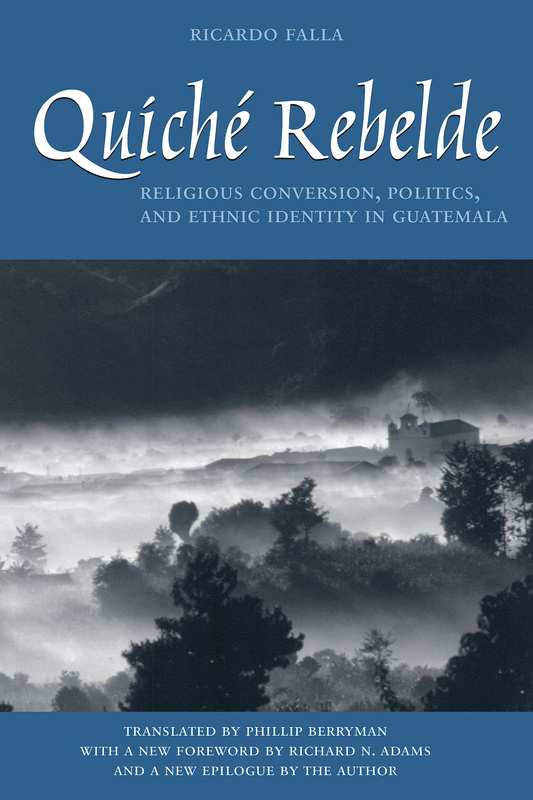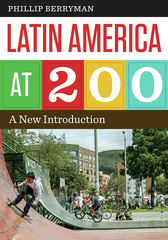Our shopping cart is currently down. To place an order, please contact our distributor, UTP Distribution, directly at utpbooks@utpress.utoronto.ca.
Quiché Rebelde
Religious Conversion, Politics, and Ethnic Identity in Guatemala
Since the arrival of the Spanish in the sixteenth century, the Maya population of Guatemala has been forced to adapt to extraordinary challenges. Under colonial rule, the Indians had to adapt enough to satisfy the Spanish while resisting those changes not necessary for survival, applying their understanding of the world to the realities they confronted daily. Despite the major changes wrought in their way of life by centuries of submission, the Maya have managed to regenerate, and thus maintain, their self-identity.
Among the major challenges they have faced has been the imposition of outside religions. Quiché Rebelde examines what happened when Acción Católica came into the Guatemalan municipio of San Antonio Ilotenango, Quiché, to convert its inhabitants.
Ricardo Falla, a Guatemalan Jesuit priest and anthropologist, analyzes the movement's origins and why some people became part of it while others resisted. He shows how religion was used as another tool to readapt to the changing environment—natural, economic, political, and social. His work is the first major empirical study of how change occurred in a Maya community with no serious loss of Maya identity—and how the process of conversion is related to more general processes of cultural change that actually strengthen ethnic identity.
Ricardo Falla, a recipient of the LASA/Oxfam Martin Diskin Award, is Jesuit Superior of Zone 1 in El Progreso and Tegucigalpa, Honduras, and Coordinator of Equipo de Reflexión, Investigación y Comunicación (ERIC) in El Progreso. Phillip Berryman is a professional translator who lives in Philadelphia.
- Foreword
- Acknowledgments
- Note to Reader
- List of Abbreviations
- 1. The Study
- 2. San Antonio Ilotenango
- 3. Trade as a New Source of Social Power
- 4. Social Reorganization
- 5. Conversion
- 6. Power Derived from Outside the Community
- 7. Conclusions
- Epilogue
- Appendix: Theoretical Framework
- Notes
- Bibliography






